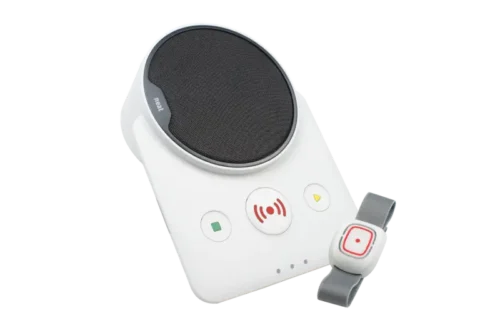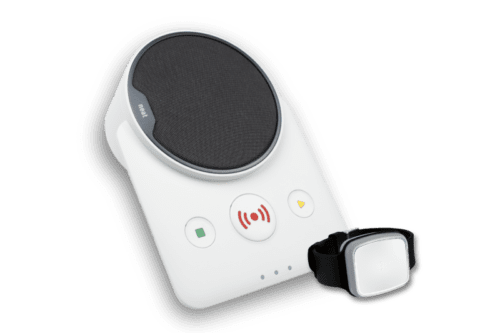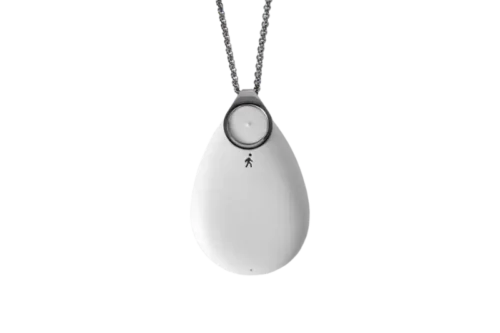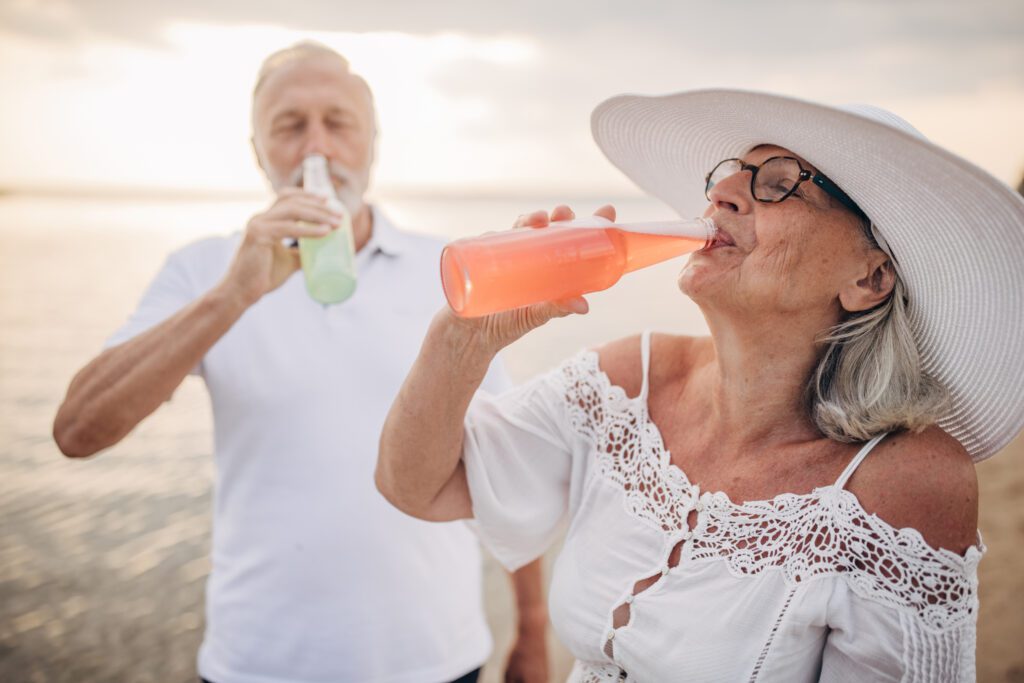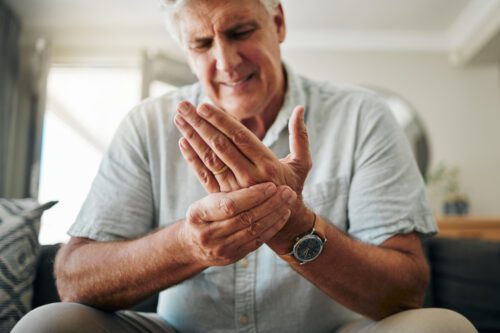As temperatures rise, we are reminded of the dangers of dehydration and thus the importance of drinking regularly. However, this increase in heat brings to light another serious concern: the link between high sugar intake and cardiovascular problems, such as heart attacks.
While it’s important to keep our fluid levels up during a heatwave, the choices we make about what we drink and how much sugar those drinks contain can greatly impact our health.
Hot Weather and Your Heart
Heatwaves can put a lot of strain on our hearts and bodies. As temperatures rise, our bodies have to work harder to cool down, blood vessels dilate and the heart rate increases.
The need to drink more water and get enough electrolytes becomes urgent. For anyone who already has heart problems or even some mild health issues, this extra pressure can lead to serious heart problems.
Where Sugar Comes In
During the hot weather, sugary drinks are often consumed in large quantities. They may seem like a refreshing option, but they can actually worsen dehydration and put extra stress on the heart. Here’s how:
- High sugar intake leads to insulin surges, which promote fluid retention and high blood pressure. The more insulin in your system, the higher your blood pressure tends to be.
- Sugary drinks can act as diuretics. When we consume more sugar, the cells in our body transfer more water than usual, leading to increased urination.
- To properly stay hydrated, we need to maintain a healthy balance of electrolytes (such as sodium and potassium). Sugary drinks are not the best source of electrolytes, and can actually disrupt the balance of electrolytes in your body.
- Eating too much sugar can lead to increased inflammation, which is a key factor in the progression of heart disease.
According to HEART UK, individuals across all age groups are consuming free sugars* well above the recommended limits. On average, adults aged 19 to 64 surpass these guidelines by 66%. So let’s shift the focus from just drinking more to making wiser choices about what we drink.
*Free sugars are sugars added to foods, as well as those naturally found in honey, syrups, and fruit juices. They do not include lactose, naturally found in milk, or sugars in whole fruits and vegetables.
Smarter Hydration Tips for this Summer
It is recommended that adults drink around 2 litres of water a day, which is approximately 6 to 8 glasses. However, this can vary depending on your activity level, the climate, and even your age. As we age, our bodies retain less water, and our kidneys may not function as efficiently as they used to.
Here are a few ways you can ensure you stay properly hydrated this summer, without consuming too much sugar.
- Drinking water is an excellent way to keep yourself hydrated, but many people don’t enjoy drinking plain water. To make it interesting, consider adding some natural flavours by mixing in fresh fruits like slices of lemon, lime, or orange.
- Make sure water is easily accessible. Having a reusable bottle in view can remind you to drink more water throughout the day.
- Many of the foods we consume, such as watermelon, cucumber, tomatoes, and lettuce, have a high water content, which helps support overall fluid balance. Try to increase your intake of such foods during the warmer months.
- Like sugar, caffeine and alcohol can have diuretic effects and increase heart rate. You don’t need to avoid these drinks altogether, but you should try to alternate caffeinated or alcoholic drinks with a glass of water.
- Set alarms or reminders to help you establish a routine of drinking regularly. You probably won’t need these reminders permanently, after a while you’ll likely develop a healthy habit of staying hydrated on your own.
- Consider electrolyte drinks (in moderation) to replenish minerals like sodium, potassium, and chloride lost through sweating. Many sports drinks are high in sugar, though, so opt for low-sugar options or create your own with water, a pinch of salt, and fresh lemon or lime juice.
In addition to staying well-hydrated and limiting sugar intake, having a personal alarm can provide an extra layer of protection, allowing you to raise an alert the moment you begin to feel unwell, particularly during extreme heat.
As we brace for hotter summers, it’s important to consider not just how much we drink, but also what we drink. While a sugary drink might seem refreshing, it could be silently raising your risk of heart attacks.
You don’t have to eliminate sugar altogether, but it’s a good idea to be aware of how much sugar is in your food and drinks. By cutting back on sugar, while making sure you stay hydrated, you can take better care of your health this summer.
